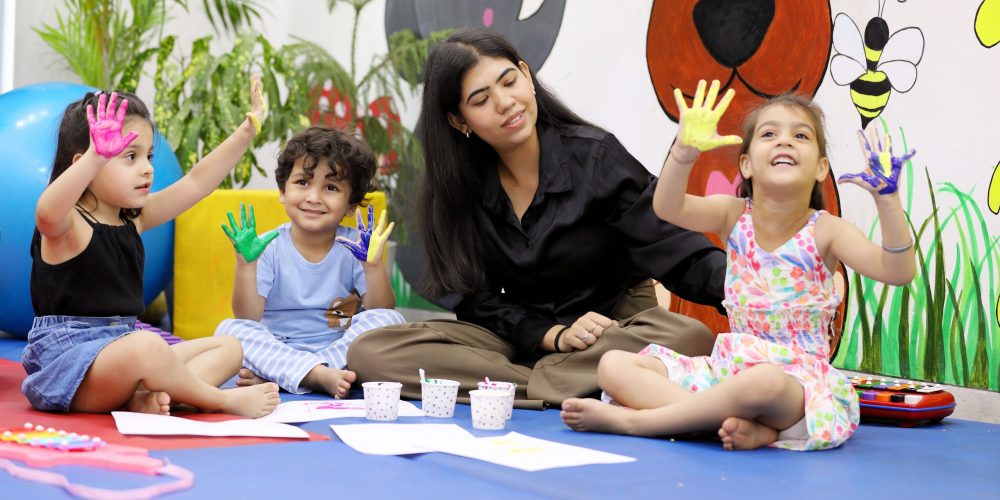Autism Spectrum Disorder (ASD) is a developmental condition that affects individuals in different ways, primarily impacting social interactions, communication, and behavior. Symptoms can vary greatly, making early identification and intervention essential. One of the most effective ways to support individuals with autism is through speech therapy. In this article, we’ll explore the main symptoms of autism and how speech therapy in Delhi helps address these challenges.
Key Symptoms of Autism
1. Social Communication Difficulties
A core symptom of autism is difficulty with social communication. Individuals may struggle with back-and-forth conversations, understanding social cues, and using body language appropriately. They might avoid eye contact or have trouble engaging in typical social interactions.
Speech therapy in Delhi focuses on enhancing communication skills through structured techniques, helping individuals interpret social cues, improve conversational skills, and engage better in social situations.
2. Repetitive Behaviors
People with autism often exhibit repetitive behaviors such as hand-flapping, rocking, or repeating phrases. These behaviors may serve as coping mechanisms but can interfere with daily life and social interactions.
Speech therapists in Delhi help manage these behaviors by encouraging alternative forms of communication, reducing repetitive speech patterns, and promoting functional communication skills that allow individuals to express themselves more clearly.
3. Delayed Verbal Communication
Many individuals with autism experience delayed speech development. Some may be nonverbal, while others develop language later than their peers. This can create significant challenges in both academic and social settings.
Through speech therapy in Delhi, speech therapists assess communication needs and develop tailored treatment plans. Techniques such as picture exchange systems and AAC devices help nonverbal individuals or those with delayed speech to communicate more effectively.
4. Nonverbal Communication Difficulties
Individuals with autism often have difficulty interpreting or using nonverbal communication, such as gestures, facial expressions, and body language. This can create barriers in understanding others’ emotions or intentions.
Speech therapists in Delhi work to improve both verbal and nonverbal communication. By teaching individuals to recognize emotional cues and use appropriate body language, therapists help enhance overall communication skills.
Conclusion
Autism presents various communication challenges that can significantly affect an individual’s daily life. Speech therapy in Delhi, provided by experienced speech therapists in Delhi, is an effective way to address these challenges. By focusing on communication, social interaction, and behavioral strategies, speech therapy helps individuals with autism improve their ability to connect with others and lead more independent lives.





Comments